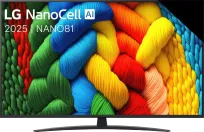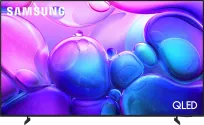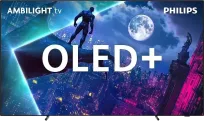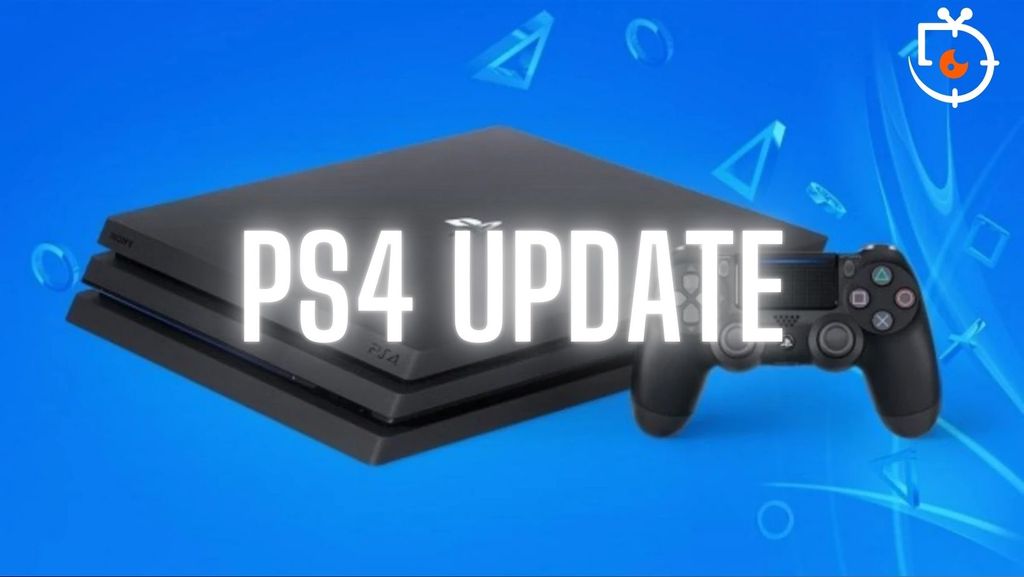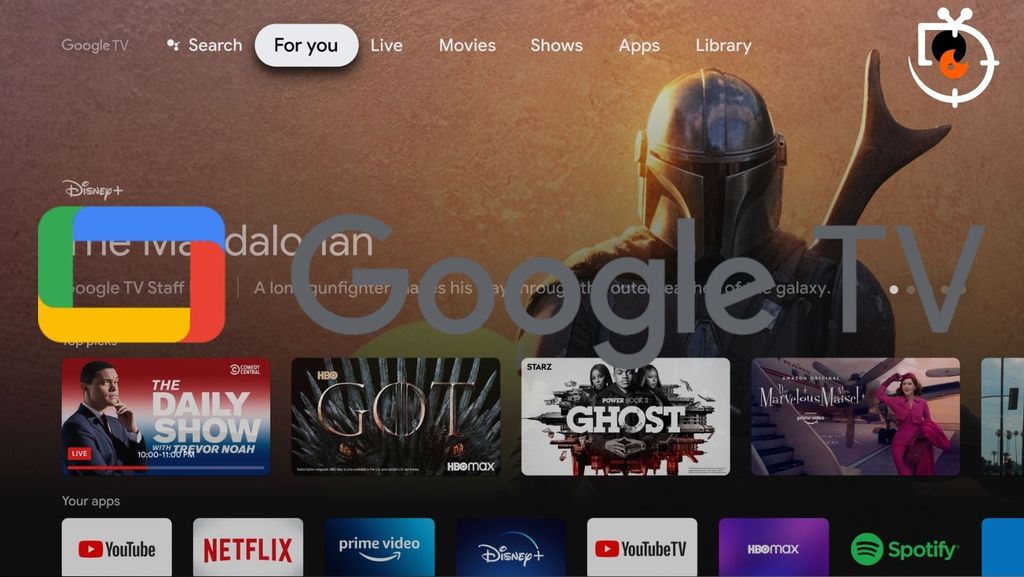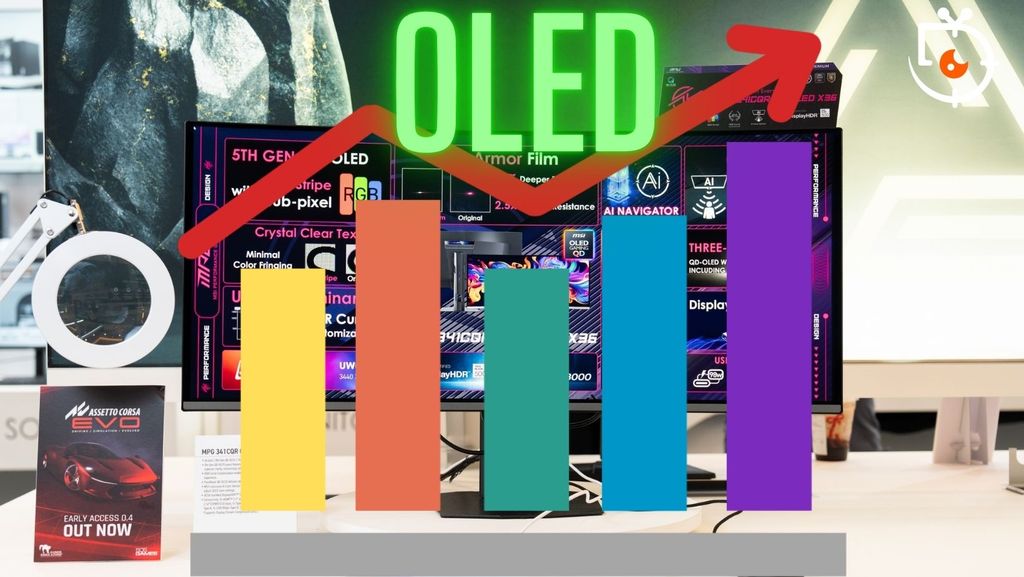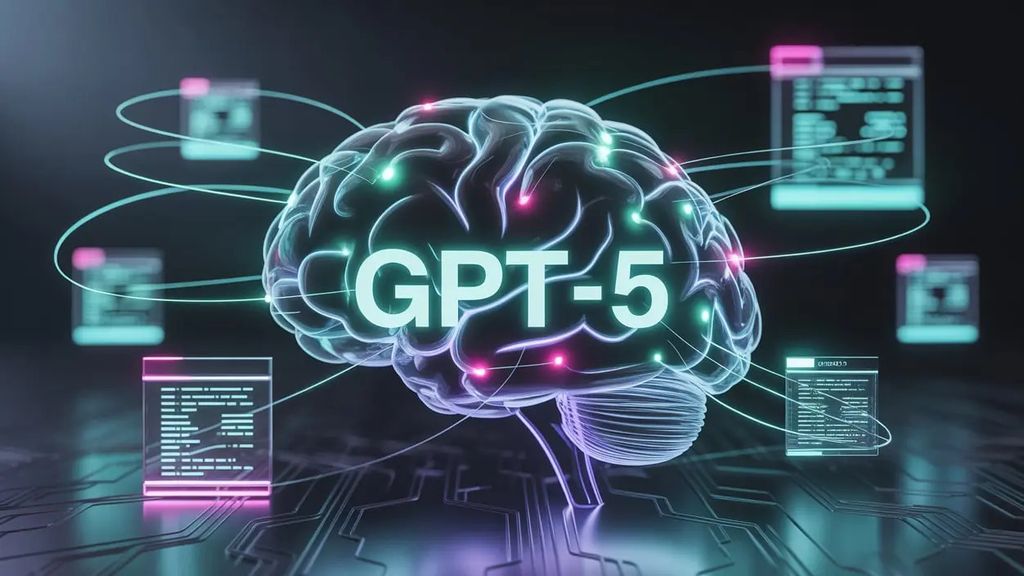
While others are still refining their "supermodels", OpenAI is already packaging the next generations into one box. GPT-5 is coming – a system that aims not only to replace everything they have created so far but also to eliminate the chaos in the offering and in the process… bring us one step closer to AGI.
No more choosing a model. GPT-5 is going to do it for you
“We hate how complicated our model and product offerings have become,” said Sam Altman, head of OpenAI, back in February. And this wasn’t just idle talk. GPT-5 is the answer to user frustration over not knowing when to reach for GPT-4o and when to go for o4-mini. Now the model will decide whether the situation calls for a quick response or deep reasoning.
The combination of GPT models and the “o” series is set to not only simplify the UX but also increase operational consistency – and this applies across all formats: text, image, sound, data. In other words: one tool, many possibilities, fewer clicks.
August 2025: the launch of GPT-5. For everyone, but not everything
If all goes to plan, GPT-5 will debut at the start of August. The basic version will be available for every ChatGPT user – for free. But as you might easily guess, the full power will go to subscribers – that is, those who pay for Plus, Team, or Enterprise.
The "standard" version should suffice for most everyday applications, but if you want to access the "higher levels of intelligence", you'll need to reach for your wallet.
GPT-5 mini and nano – AI tailored to your budget
The new system will not only appear in ChatGPT. OpenAI also plans to introduce lightweight variants of GPT-5 – the “mini” and “nano” versions, available via API. Developers will be able to choose a model that suits their needs (and financial capabilities) without giving up access to the new generation of reasoning.
This is a response to the growing competition from Llama 3, Claude 3, and Gemini, which are increasingly making inroads into the enterprise and developer tools market.
Multimodality in one place. No switching
GPT-5 will be integrated with functions that have so far operated separately: image handling, voice, Deep Research tools, and internet searching. This is set to be one of the key changes – the system will decide on its own how to utilise the available sensors and tools to best respond to the user's question.
For example: you ask for statistical data? GPT-5 can search the web, analyse the chart, and tell you about the results – with voice. No manual switching between tools.
Open-source? Yeah, but not now
Alongside the release of GPT-5, OpenAI was planning to launch the first open-source model in years. It was meant to be similar to o3-mini and support reasoning, but… the deadline has been pushed back. Why? As Altman stated, "additional safety tests" are needed. They want to avoid the "Grok error" – that is, releasing an immature system that will then need to be fixed in front of the whole world.
And where's the AGI?
There’s no denying it: all this integration and the new strategy from OpenAI has one goal – to get closer to AGI, or general artificial intelligence. GPT-5 is another step, but not the last one yet. Altman acknowledged that the OpenAI team has earned a gold medal at the International Mathematical Olympiad (IMO) thanks to an experimental model that surpasses the capabilities of GPT-5. However, this model will not be released publicly just yet – not for several months.
Why is this important? Because when OpenAI announces that it has achieved AGI, Microsoft – their key partner – will lose the rights to revenue from future models. And that changes the rules of the game.
Will GPT-5 meet expectations?
On paper, it looks like the ideal solution – faster, smarter, more intuitive. But the real question is: will GPT-5 be able to build trust and show that simplifying the model doesn't mean sacrificing precision?
We will find out soon. One thing is certain: we are approaching a point where the question is no longer "will AI surpass us?", but "do we still have control over it?".
 Katarzyna Petru
Katarzyna Petru



